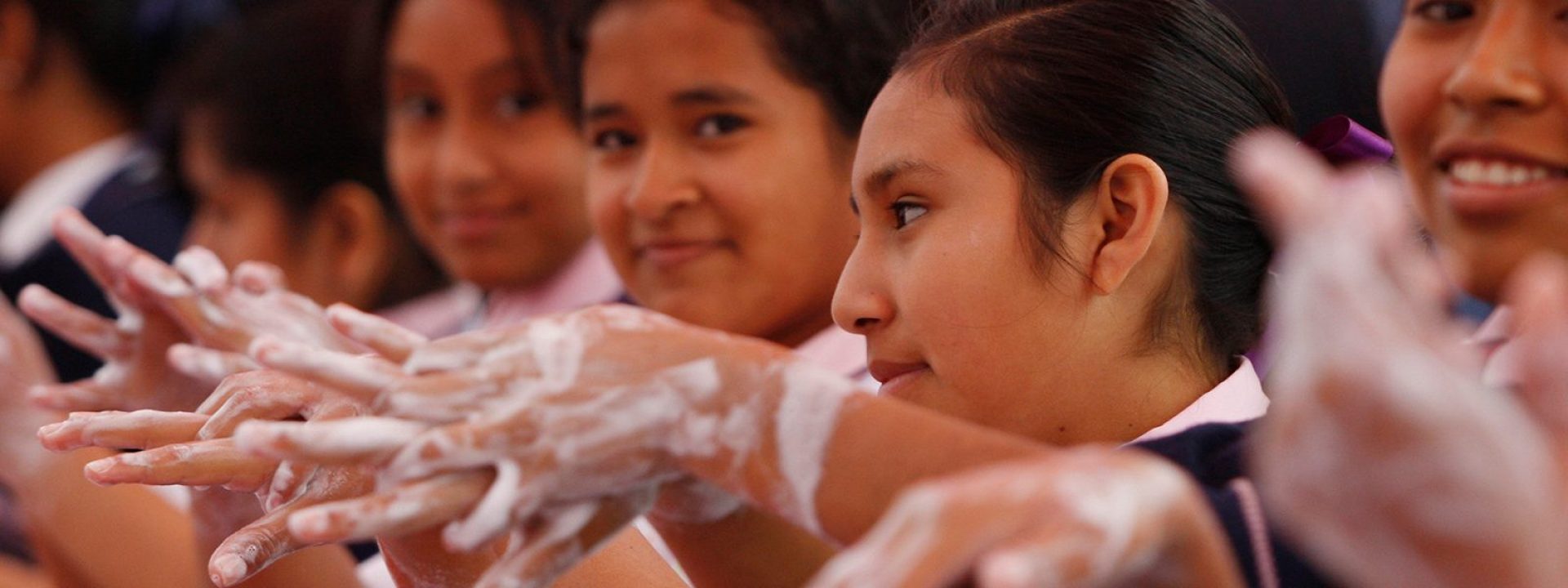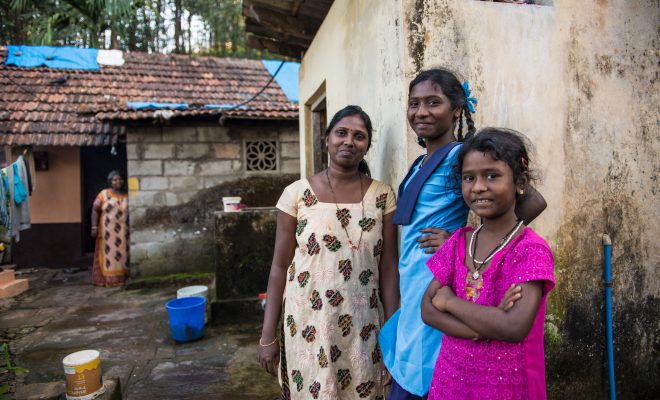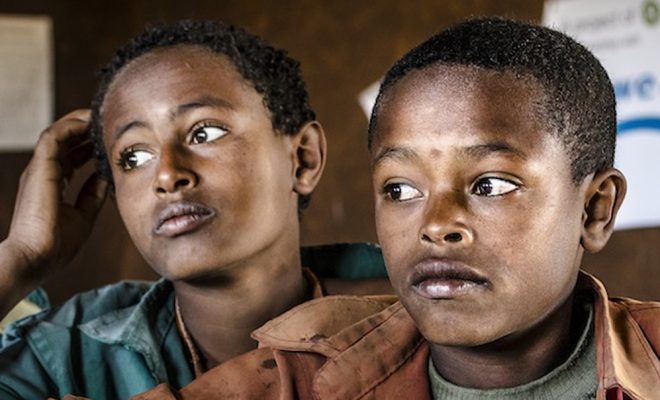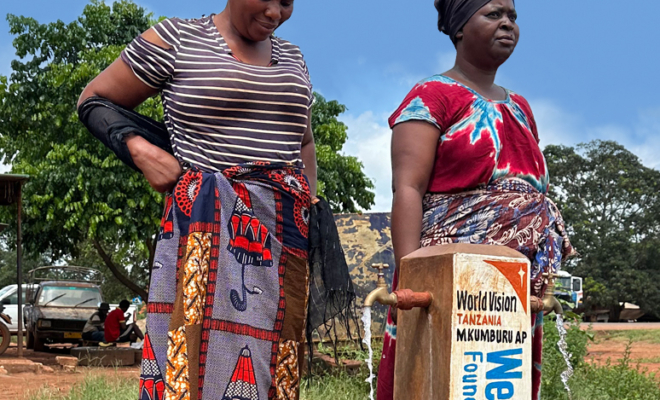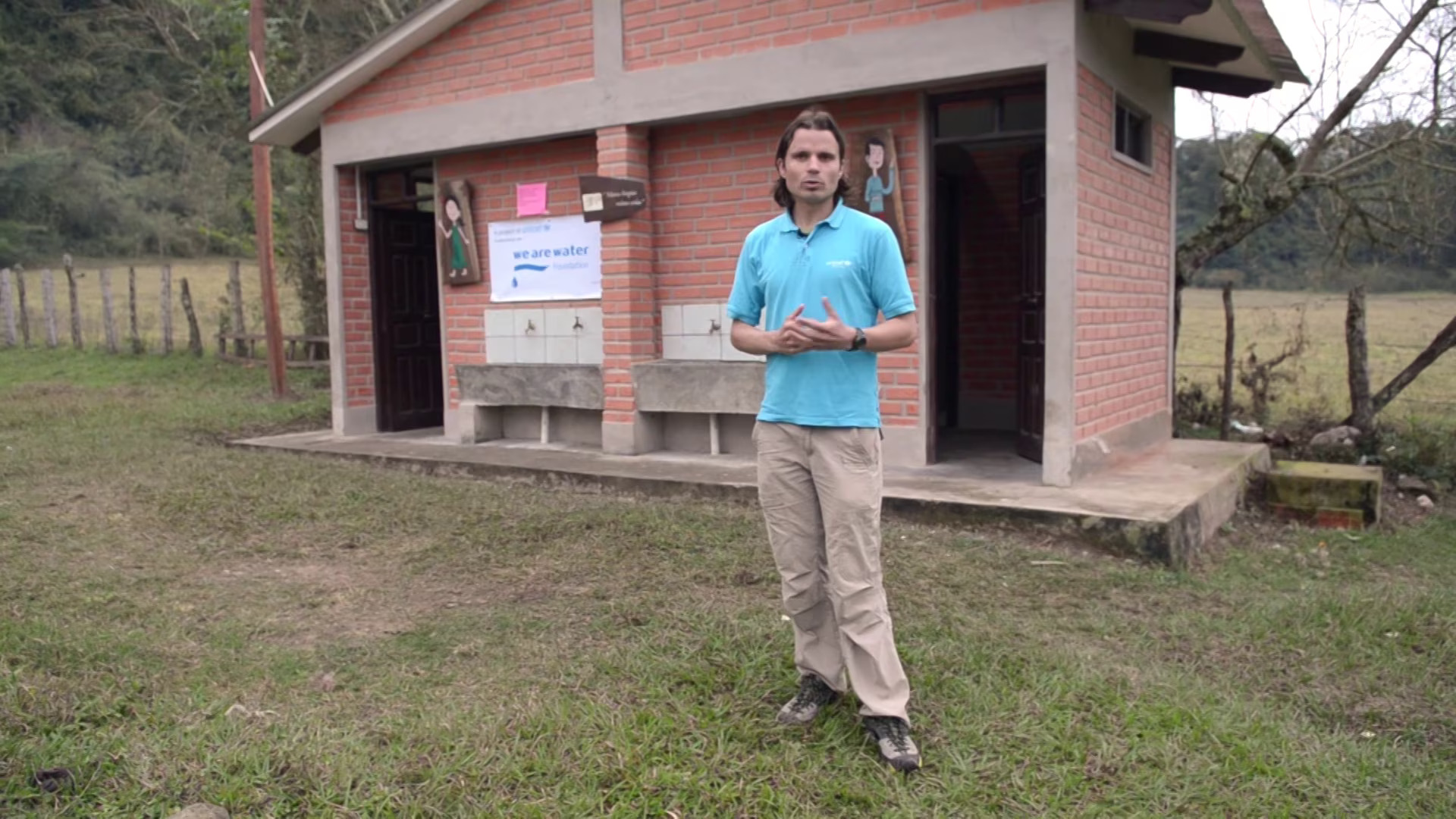
The Global Handwashing Day is especially significant for over 43,000 students of many schools in Chaco-Chuquisaqueño, (Bolivia), Tombali (Guinea-Bissau), Zagora (Morocco) and Mymensingh (Bangladesh). They have an effective weapon against diarrhoea and cholera: clean water and soap. They have it in basins with the adequate dimensions, close to clean and sex-segregated latrines; and above all: they know how to use them and know of the importance of doing it before eating, cooking, manipulating food and after defecating. And what is more important: they have learned how to do it and to transmit it to their families. They already have reasons to celebrate the Global Handwashing Day every 15th October: they and their families are testimonies and protagonists of the benefits of a simple daily hygiene practice they could not put into practice before.
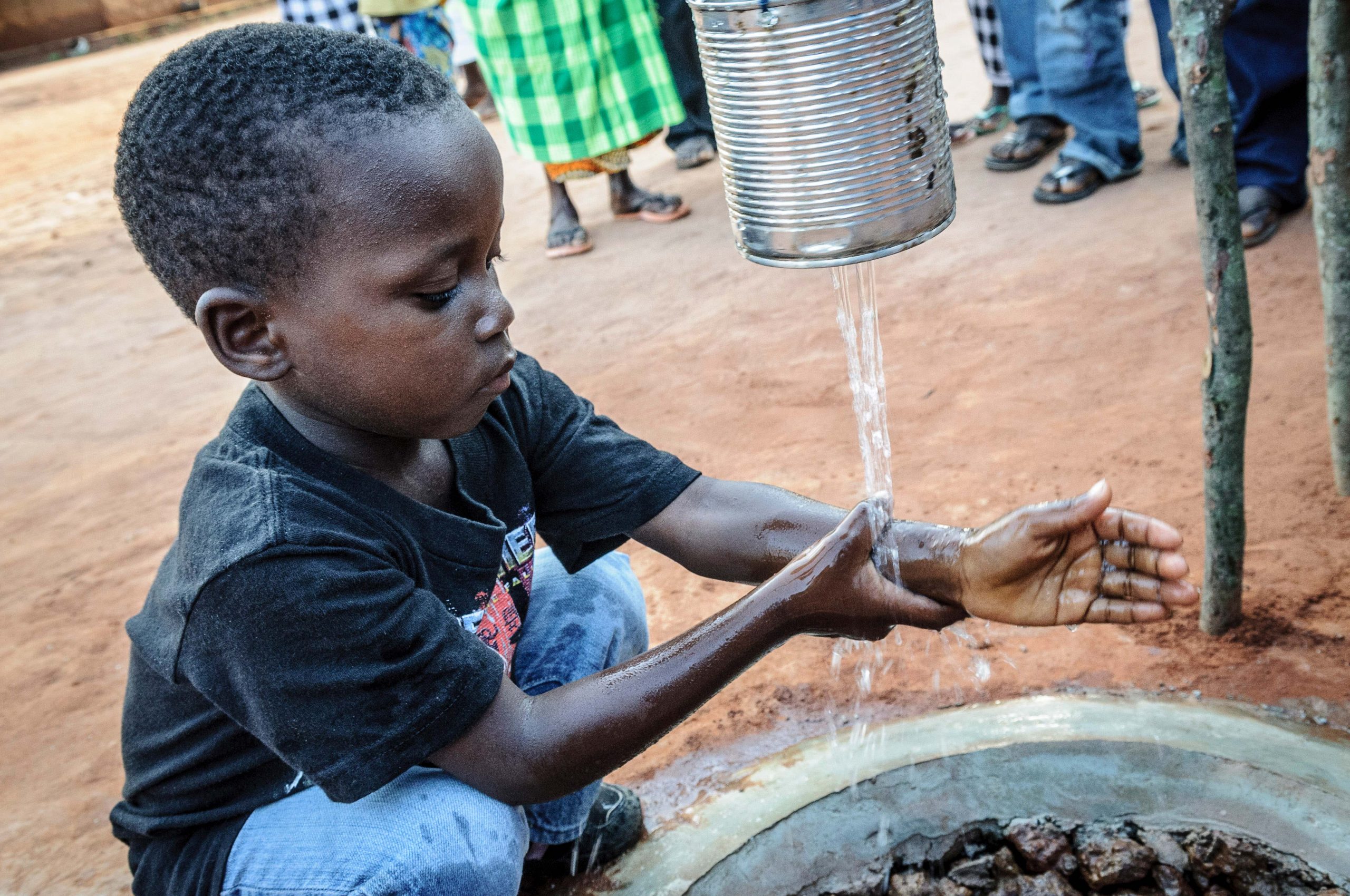
© Carlos Garriga/ We Are Water Foundation
Since its beginning, the We Are Water Foundation has collaborated with UNICEF, the Vicente Ferrer Foundation, Educo and Intermón Oxfam in the eradication of this scourge in schools by providing adequate facilities. According to the World Health Organization (WHO), every year there are over 4 billion cases of diarrhoea in the world. 1.8 million people do not overcome the disease and die because of it; 90% of them (1.6 million) are children under the age of five.
A minor in an economically impoverished area like the ones where these projects are carried out is especially vulnerable to diarrhoea, the most common of the diseases caused by fecally-contaminated water and food. They are undernourished, and therefore their immune system is deficient, they suffer other diseases due to the poor condition of the water and they do not have access to adequate health care. Childhood diarrhoea, which in the developed world is an episode that in most cases goes unnoticed, might be lethal in the impoverished areas of the world.
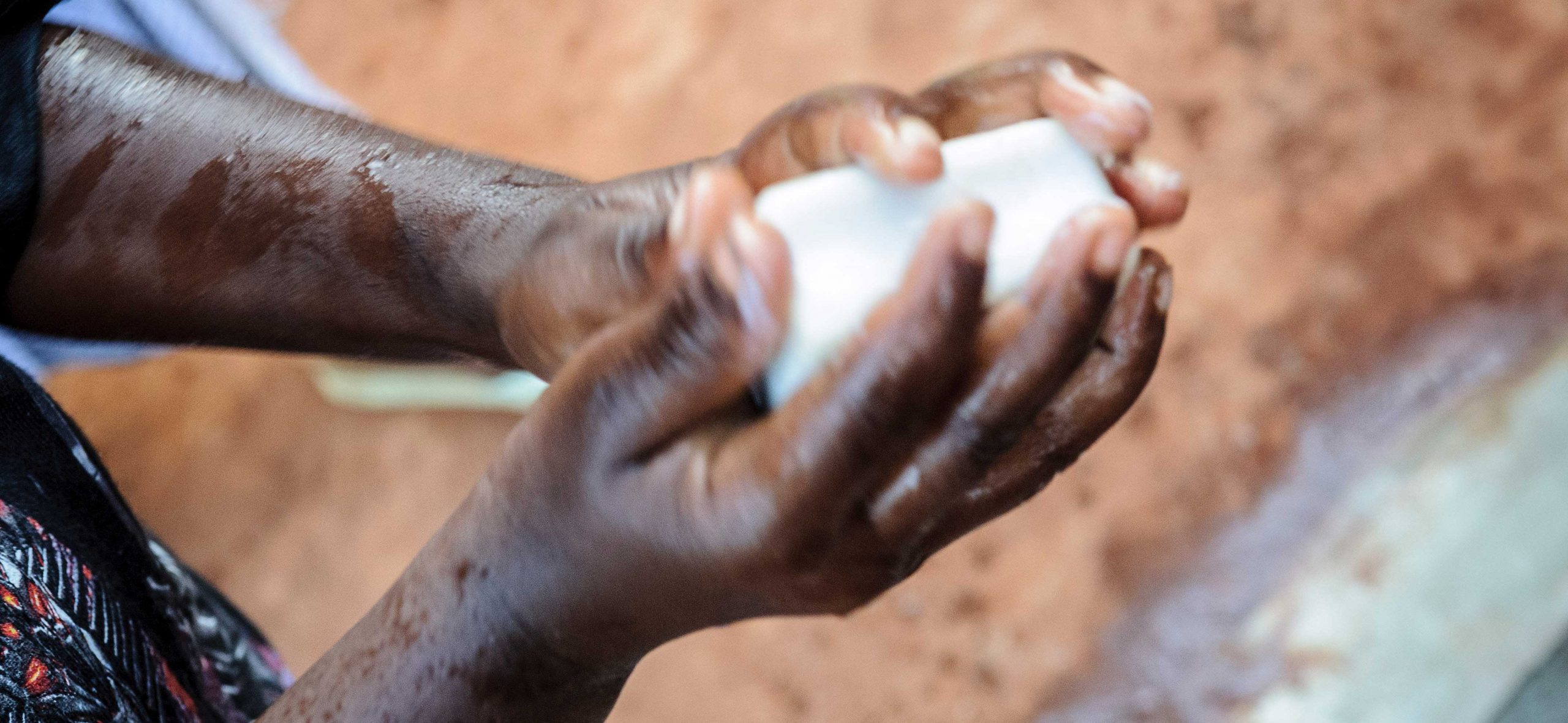
© Carlos Garriga/ We Are Water Foundation
The WHO warns that diarrhoea is the most important public health problem caused by the deficiencies in water and sanitation. Cholera and other parasitic and respiratory diseases are also caused by contaminated water and they are endemic in the areas with no sanitation and no hygiene. Since the establishment of the Global Handwashing Day in 2008, the WHO and UNICEF insist in their awareness campaigns that the simple act of washing our hands with water and soap may reduce the cases of diarrhoeal diseases by one third, an essential step towards the attainment of the Sustainable Development Goals.


